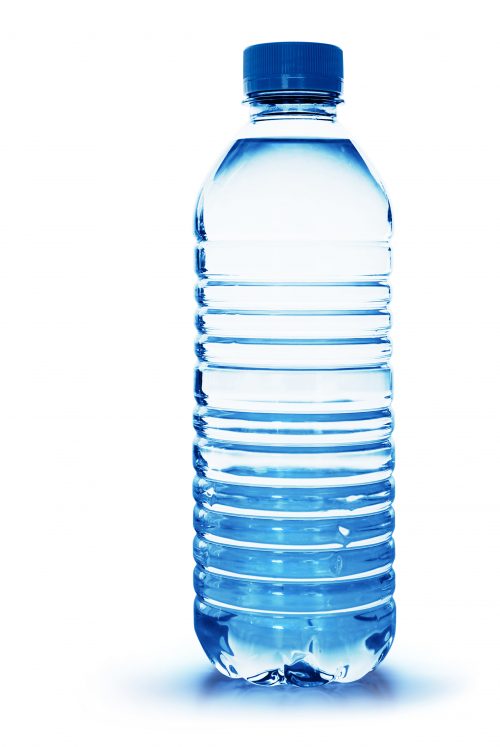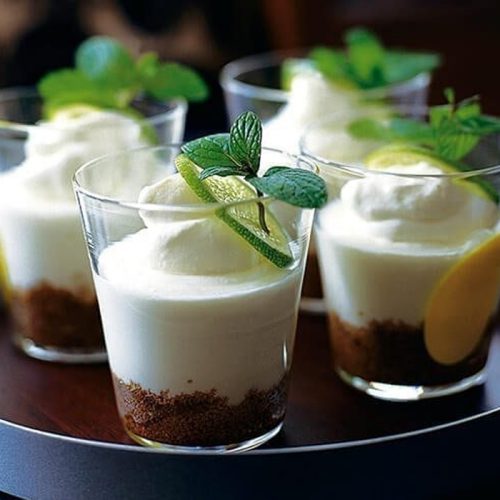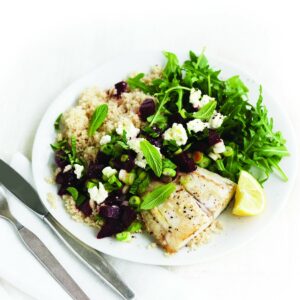
Water, sports drinks, ‘energy’ drinks and coffee – which is best for improving your performance and hydration?
Are all sports drinks the same? And are they better than water?
Sports drinks are a good way to keep your body well fuelled and hydrated if you’re exercising at a high intensity for more than an hour. But for low-intensity exercise, plain water will do the job just as well.
Sports drinks have been cleverly designed to have just the right amount of carbohydrate (5-8g/litre) and electrolytes (such as sodium) to keep you well hydrated. Good examples include Powerade, Gatorade and Horleys Replace.
Other drinks that are higher in carbohydrate are not ideal for sport. The large amount of carbohydrate in drinks such as Lucozade and Lift Plus stops water from being absorbed quickly and therefore delays hydration.
How much do I need to drink after exercise?
Re-hydration is essential for recovery. The amount you need to drink depends upon how well hydrated you were before you started exercising; how long you exercise for and at what intensity and how much fluid you take on board during exercise.
Try to be well hydrated before starting exercise. A good guide is making sure your urine is pale before you start. Where possible, drink between 600ml and 1 litre of water or sports drink per hour that you exercise.
When you have finished exercising, try to drink one to two glasses of water each hour until your urine is pale again.
Will having coffee before sport help me play better?
Coffee, tea and many energy drinks contain caffeine, a stimulant that can enhance sporting performance.
Caffeine, however, affects different people in different ways. Some people find that it makes them feel more awake and alert, while others may find it over-stimulating and become irritable. Caffeine can also raise blood pressure and heart rate.
In general, if you’re a regular coffee drinker, one cup before a game is unlikely to improve your performance as your body is used to the effects of caffeine. To get a performance boost from caffeine, only have caffeinated drinks before and/or during training.
What is energy? Some soft drinks now say they give you energy, is this a good or bad thing?
‘Energy’ does not mean ‘vitality’: it means kilojoules or kilocalories. Both kJs and Kcals mean the same thing, they are just different measurements; 1 Kcal is equal to 4.12kJ.
Just like a car needs petrol, our bodies need energy to function. Energy is needed for our brains to work, hearts to beat, muscles to contract and stomachs to churn. Food and drinks provide this energy.
Soft drinks and lollies provide energy but are sugar-based with no fibre and few vitamins and minerals.
It is better for your body to use energy from healthy foods and drinks such as wholegrain breads and cereals, low-fat dairy products, lean meat and fish, and healthy fats.
www.healthyfood.com











